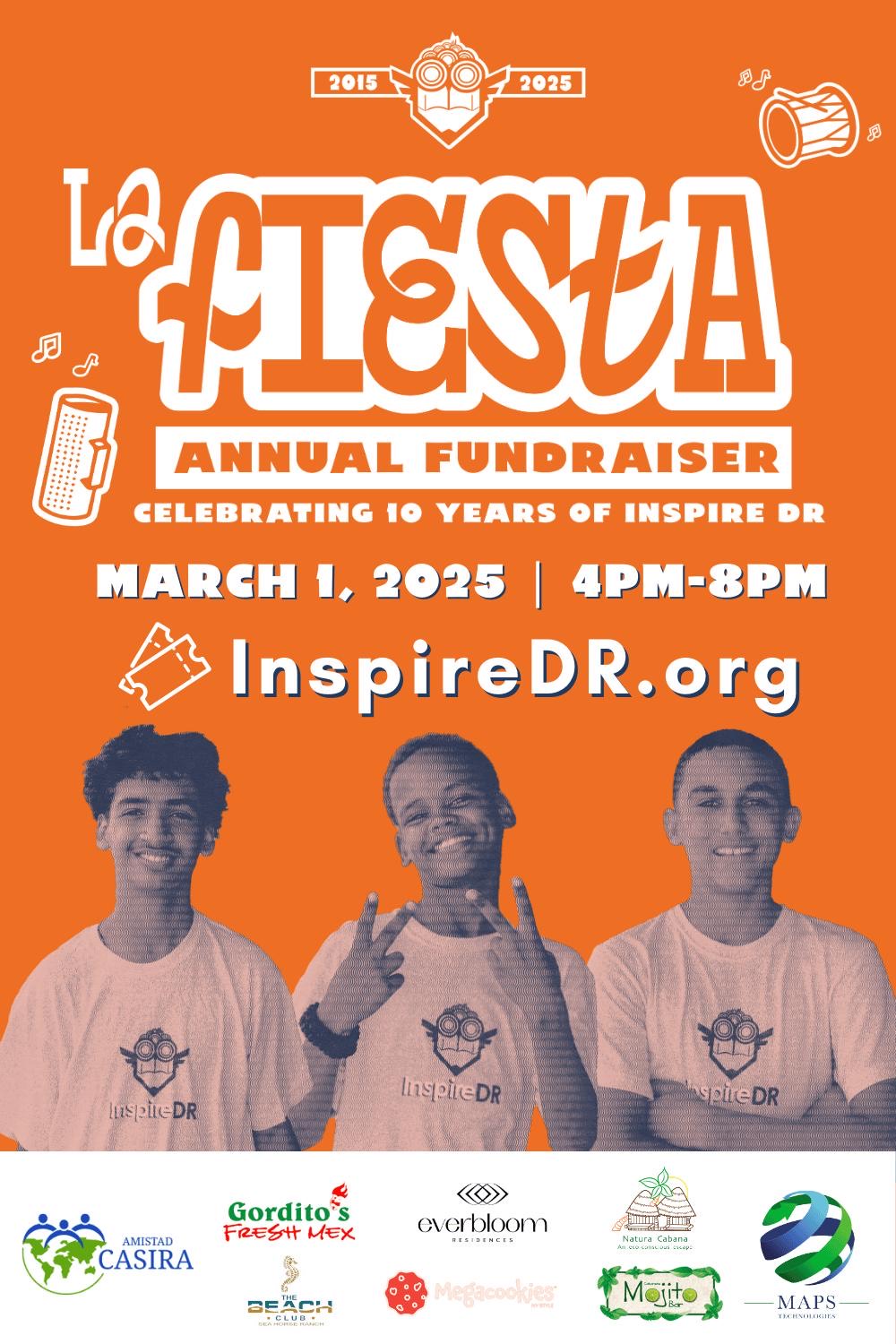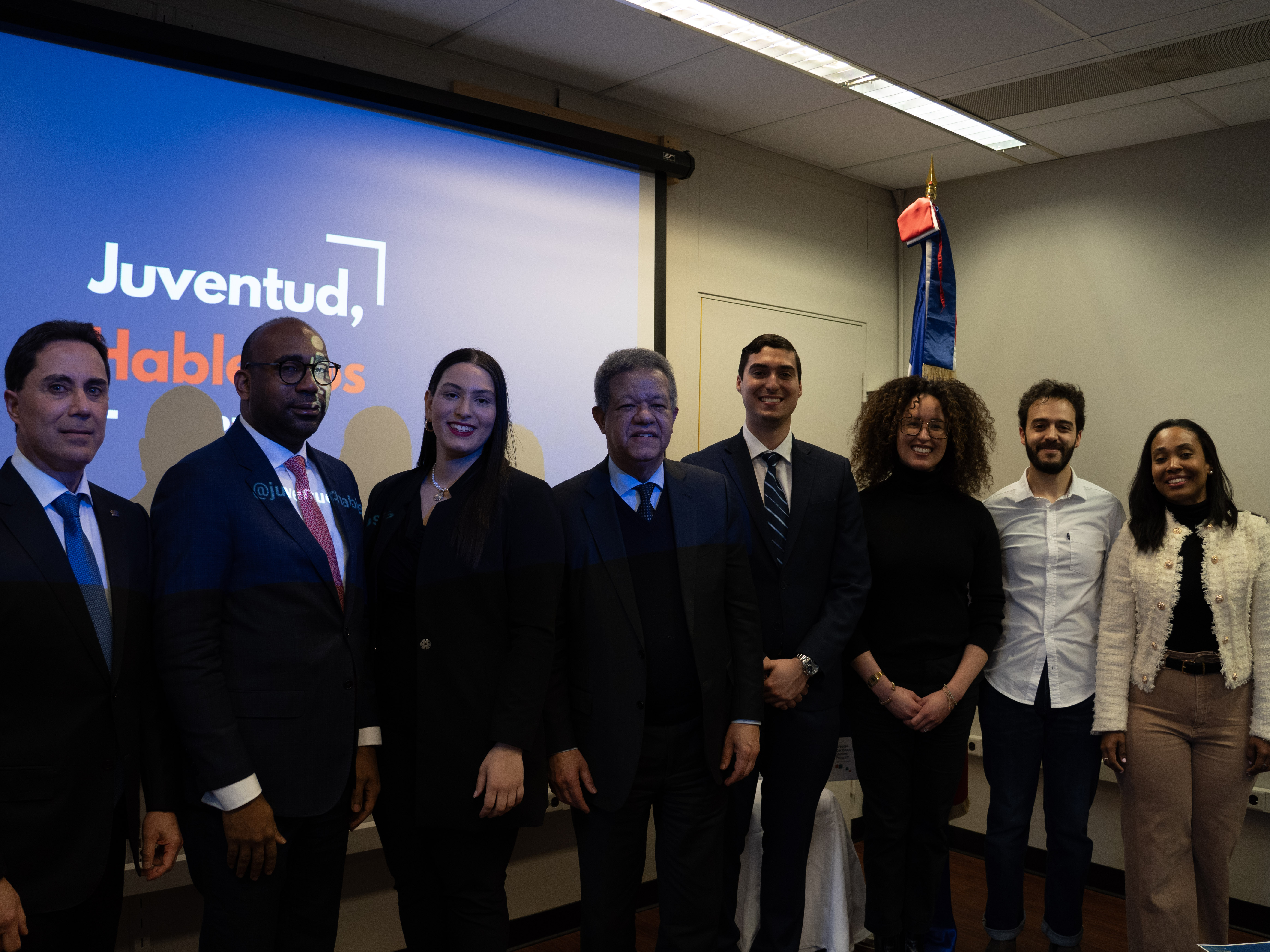CUNY Dominican Studies Institute Investigates Financial Behavior
 | CUNY Dominican Studies Institute Investigates Financial Behavior NEW YORK, June 28, 2010–New York City’s 600,000-plus Dominicans are more likely than Latinos nationwide to have accounts at a bank or credit union. However, they continue to rely heavily on alternative financial institutions such as check-cashing businesses, and use costly financial instruments such as money orders and tax refund anticipation loans because the mainstream financial institutions are not meeting their needs. Those were among the key findings of a study by the CUNY Dominican Studies Institute (CUNY-DSI) of financial literacy and behavior in New York’s Dominican community. The aim of the study, in which 613 persons of Dominican heritage participated, was to enhance understanding of the fiscal habits and financial literacy of Dominicans in the New York City area and to produce data that can be used to compare the experiences of Dominicans with other Latino communities in the United States. In addition, this study seeks to inform policy makers and community leaders in designing approaches that will effectively address financial asset building and management within the Dominican community. More than four out of five respondents – 82 percent – said they had accounts at banks or credit unions. This compares favorably with data from the Pew Hispanic Center indicating that 65 percent of Latinos nationwide have bank or credit union accounts. However, a surprisingly high 25 percent of respondents reported using check-chasing businesses, money orders and/or tax refund anticipation loans. “The common wisdom is that low-income communities use alternative financial institutions and tools because they don’t have checking or savings accounts at mainstream banks or credit unions,” said Dr. Ramona Hernández, director of CUNY-DSI and lead investigator for the report. “Our study of the Dominicans in New York City reveals that even when they do have such accounts, low-income and working-poor customers of those banks are not accessing all the services they provide — perhaps because their experience at the banks is a negative one. “The most significant revelation, however, is that there is a tremendous need for financial literacy education in these communities, and mainstream financial institutions are not providing it.” Among the other key findings:
The study was made possible by the cooperation of three tax preparation sites in the heart of the city’s largest concentration of Dominicans: Northern Manhattan Improvement Corporation, led by Executive Director Barbara Lowry; Núñez Tax Service, led by founder and director Héctor Núñez, and Alvarez Tax Franchise, led by President and CEO Rafael Alvarez. In February and March 2009, the agencies allowed CUNY DSI researchers to distribute and collect the study questionnaire and then, with the consent of the participants, provided researchers with information relating to their income and tax filings. Copies of the study are available to the media by contacting Ellis Simon, The City College of New York, 212-650-6460, esimon@ccny.cuny.edu, or Altagracia Diloné Levat, CUNY Dominican Studies Institute, 347-739-7664, alevat@ccny.cuny.edu. Founded in 1992 and housed at The City College of New York, the Dominican Studies Institute of the City University of New York (CUNY DSI) is the nation’s first university-based research institute devoted to the study of people of Dominican descent in the United States and other parts of the world. CUNY DSI’s mission is to produce and disseminate research and scholarship about Dominicans and about the Dominican Republic. The Institute houses the Dominican Archives and the Dominican Library, the first and only institutions in the United States collecting primary and secondary source material about people of Dominican descent. CUNY DSI is the locus for a community of scholars, including doctoral fellows, in the field of Dominican Studies. It sponsors multidisciplinary research projects and organizes lectures, conferences, and exhibitions that are open to the public. | |
| Date of actualization: June 28, 2010 |

Related News
-

(Versión en español) MINC realiza el evento "Enamórate del Arte y la Cultura" en Los Alcarrizos
-

(Versión en español) InspireDR celebra una década de impacto con “La Fiesta 10” en Cabarete
-

(Versión en español) Organización “Juventud Hablemos” de la Universidad de Columbia y la GFDD copatrocinan a casa llena evento sobre “La evolución de la democracia en la República Dominicana”
-

(Versión en español) Realizan premiere del documental “El Padrino II: 50 años y su filmación en República Dominicana”
-

Actividad #1
Dónde:: Complejo Acuático Del Centro Olímpico Juan Pablo Duarte.
Días: 28 y 29 de noviembre 2016.
Precios: RD$1,1000.00 VIP, RD$600.00 gradas.

